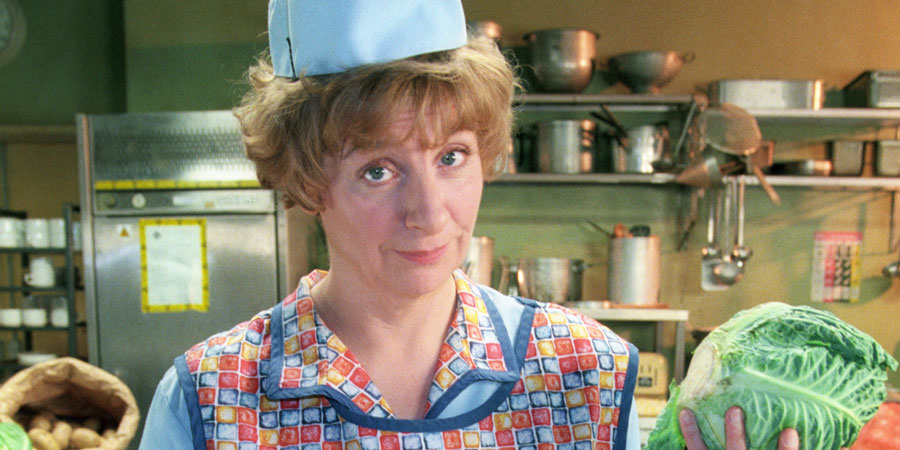Text Lexus
Wednesday 17th July 2019 12:37am [Edited]
West Anglia
122 posts
I was surprised to find how very much I enjoyed this show when I found a load of it on YouTube, as I didn't care for it much when my parents were watching the original broadcasts (I expect I was too young).
One thing I slightly dislike (apart from the theme tune) is the repeated 'thing' where Bren struggles to find the correct word to convey a nuanced idea or emotion, such as (I'm making this up) "I don't know why she seems so....oh, I don't mean regretful do I?, um, er what is it? er... oh, er, resentful, that's what I mean....resentful" Presumably the idea is to illustrate that she's intelligent but has had her vocabularly hobbled by a lack of educational opportunities as it's Grim Up North, which seems weirdly condescending, even though it rings true.
I'm not having a pop at VW and have about as much affection for her as one reasonably can towards someone one never met, but I was impressed by the following insight from (I think) the Sitcom Geeks podcast: Victoria wasn't working class. If anything she was middle, or lower-middle class, insofar as people can be categorised thusly ... and here's the truly astute observation: she was widely considered 'lower' class as a result of southeners conflating northeness with workingclassness.
It turns out - and I knew nothing about her pre-fame life - except that she shared a London bedsit with Clive James which they unwittingly shared in shifts thanks to a conniving landlord, that she was the product of an unbelievably dysfunctional family living on a partially abandoned RAF base and essentially spent her teenage years alone in a room with a television and a piano - which explains a lot and turned out to be a very good thing.
That somehow reminded me of a number of other comedians who entertained themselves in childhood and adolescence by making up shows in bedrooms for imaginary audiences - Andy Kaufman and Tracy Ullman, to name a couple. How different to the previous generation of comics who found their way into showbiz through ENSA and the like in the days of wartime and national service.

